Discover the essentials of single-stream recycling with Ness Industries, promoting a sustainable future in Ridgefield, Wilton, Weston, Bethel, and Danbury through simplified recycling practices.
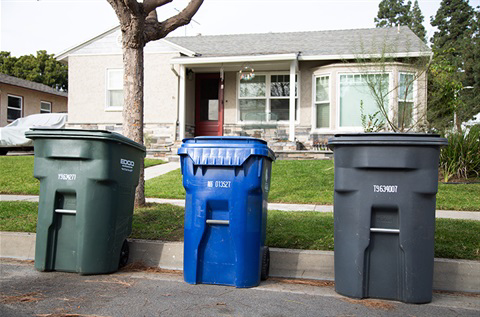
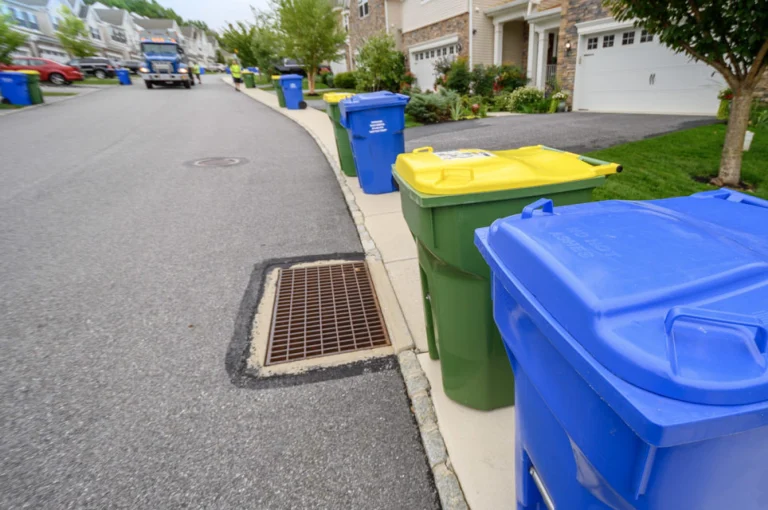
In the bustling communities of Ridgefield, Wilton, Weston, Bethel, and Danbury, Ness Industries is at the forefront of revolutionizing residential waste management through single-stream recycling. This innovative approach simplifies the recycling process, allowing residents to place all recyclable materials into a single bin, eliminating the need for sorting. The simplicity of this method is designed to encourage broader participation in recycling efforts, significantly contributing to environmental sustainability.
Single-stream recycling, also known as fully commingled recycling, has reshaped the landscape of recycling practices by merging all recyclable paper fibers and containers into one comprehensive system. This method not only facilitates a higher rate of recycling participation among residents but also optimizes operational efficiency, leading to reduced collection costs.
With the adoption of single-stream recycling, communities have reported not only an increase in the volume of recyclables collected but also an enhancement in participation rates, making it a cornerstone in modern waste management strategies.
The convenience of single-stream recycling lies in its ease of use for residents, who no longer need to segregate paper, plastics, glass, and metals into separate bins. This ease significantly increases the amount of recyclables placed at the curb, fostering a culture of recycling within the community. For municipalities, the transition to single-stream recycling offers potential cost savings due to the efficiency of single-compartment trucks and streamlined collection routes.
Additionally, this approach provides an opportunity to introduce new recyclable materials into the program, further expanding the scope of recycling efforts.
While the benefits of single-stream recycling are manifold, it's crucial to navigate challenges such as the upfront costs associated with new equipment and the need for resident education on proper recycling practices. Contamination remains a concern, underscoring the importance of community outreach and education to ensure recyclables meet market specifications and are indeed recycled into new products.
Ness Industries is committed to implementing strategies that mitigate these challenges, ensuring that single-stream recycling remains a robust and effective solution for waste management.
At Ness Industries, our dedication to environmental sustainability is unwavering. By pioneering single-stream recycling in Ridgefield, Wilton, Weston, Bethel, and Danbury, we aim to not only streamline waste management services but also to inspire a sustainable lifestyle among residents. Our approach emphasizes the critical role of recycling in conserving natural resources, reducing landfill use, and fostering a cleaner, greener planet for future generations.
As we advance with single-stream recycling, Ness Industries remains dedicated to educating and engaging the community, ensuring that our collective efforts towards recycling contribute significantly to environmental preservation. Join us in this journey towards a more sustainable future, where recycling is not just a task but a shared responsibility and a way of life.
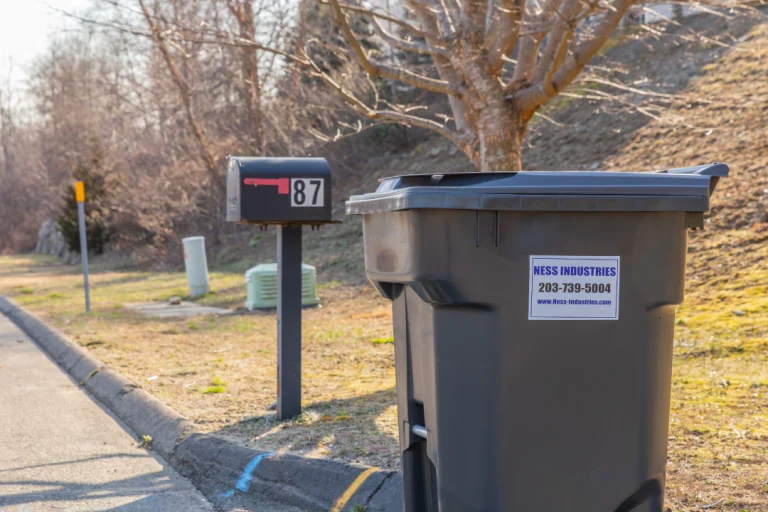
Single-stream recycling stands out for its unparalleled convenience, offering a straightforward approach to environmental stewardship. By allowing residents to combine all recyclables into one bin, this system eliminates the confusion and hassle of sorting materials into separate containers. This ease of use not only simplifies the recycling process at the household level but also encourages a broader segment of the community to participate in recycling efforts.
The convenience factor is a significant driver behind the success of single-stream recycling, making it a popular choice for municipalities aiming to enhance their waste management practices. This approach aligns with the growing demand for efficient and user-friendly recycling solutions that fit seamlessly into the busy lives of today's residents.
Empirical evidence and numerous studies have demonstrated the positive impact of single-stream recycling on recycling and diversion rates. Municipalities that have adopted this system report significant increases in the volume of materials collected for recycling. The simplified process encourages more residents to recycle, leading to higher participation rates and a greater quantity of recyclables diverted from landfills.
This surge in recycling rates is a testament to the effectiveness of single-stream recycling in fostering a culture of environmental responsibility. By making recycling easier, communities can significantly reduce their ecological footprint, conserve natural resources, and support a more sustainable future.
From a financial perspective, single-stream recycling offers considerable benefits for municipalities. The transition to single-stream recycling can lead to reduced collection costs, as it streamlines the collection process and allows for the use of single-compartment trucks. These efficiencies can lower operational expenses, making recycling programs more cost-effective for local governments.
Furthermore, improved processing efficiency at Material Recovery Facilities (MRFs) enhances the overall economic viability of recycling programs. By investing in advanced sorting technologies, MRFs can effectively separate and process a wider range of materials, maximizing the value recovered from recyclables. This cost-effectiveness is a compelling argument for municipalities considering the adoption of single-stream recycling, as it provides both environmental and economic advantages.
The benefits of single-stream recycling are clear and multifaceted, offering convenience for residents, increased recycling rates, and cost-effectiveness for municipalities. By simplifying the recycling process, this innovative approach encourages widespread participation, leading to significant environmental gains and operational savings.
As communities continue to seek sustainable waste management solutions, single-stream recycling emerges as a practical and effective strategy to promote recycling and conservation efforts. Ness Industries is proud to champion single-stream recycling, driving positive change in Ridgefield, Wilton, Weston, Bethel, Danbury, and beyond.
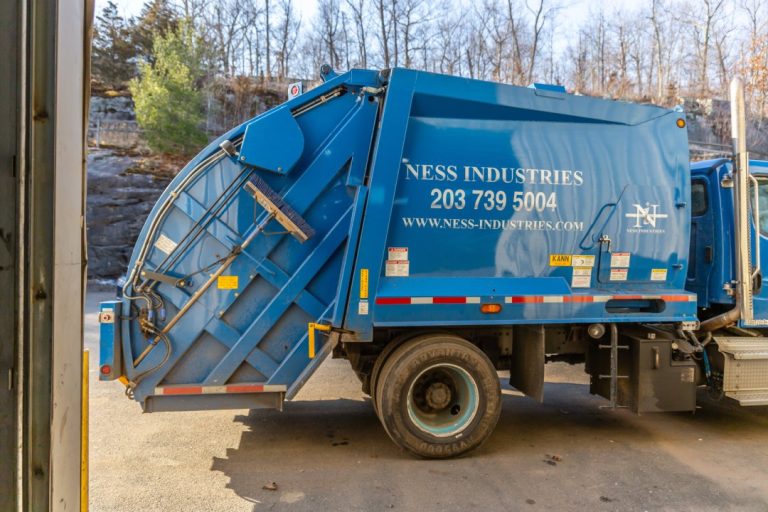
Ness Industries has streamlined its curbside collection process to ensure that recycling is as convenient and efficient as possible for the residents of Ridgefield, Wilton, Weston, Bethel, and Danbury. Our system allows residents to place all recyclable materials—plastics, metals, glass, and paper—into one bin, without the need to sort.
On designated collection days, our fleet of eco-friendly vehicles visits each neighborhood, where the single-compartment trucks are equipped to handle this mixed recyclable load. This process not only simplifies recycling for households but also maximizes participation rates across our service areas.
To ensure the effectiveness of our curbside collection, we encourage residents to follow simple guidelines, such as rinsing containers and breaking down cardboard boxes, which helps reduce contamination levels and makes the recycling process more efficient.
Once collected, recyclables are transported to our state-of-the-art Materials Recovery Facility (MRF), where the real magic of single-stream recycling unfolds. At the MRF, advanced technology alongside manual sorting methods is employed to efficiently separate and process the mixed recyclables.
The journey of recyclables at the MRF begins with an initial sorting stage, where large items and non-recyclable materials are removed by hand. This step is crucial for maintaining the quality of the recyclable materials and ensuring the smooth operation of the automated sorting equipment.
Following the initial sorting, recyclables enter the heart of the MRF, where a series of automated systems take over the separation process. High-tech conveyor belts, screens, and magnets efficiently sort materials based on their type and properties:
The special consideration for cardboard involves both manual and automated processes to ensure that only clean, dry cardboard enters the recycling stream. Contaminated or wet cardboard can hinder the recycling process and is therefore meticulously screened out during the sorting phase.
Ness Industries' approach to single-stream recycling integrates cutting-edge technology with a deep commitment to sustainability. By optimizing the curbside collection process and employing advanced sorting methods at our MRF, we not only enhance the efficiency of recycling but also contribute to a more sustainable future for our communities.
Our commitment extends beyond the mechanical sorting of materials; we actively work to educate residents on best practices for recycling, aiming to reduce contamination rates and improve the quality of recyclable materials. This comprehensive approach ensures that Ness Industries remains at the forefront of waste management innovation, providing residents of Ridgefield, Wilton, Weston, Bethel, and Danbury with a recycling service that is both effective and environmentally responsible.
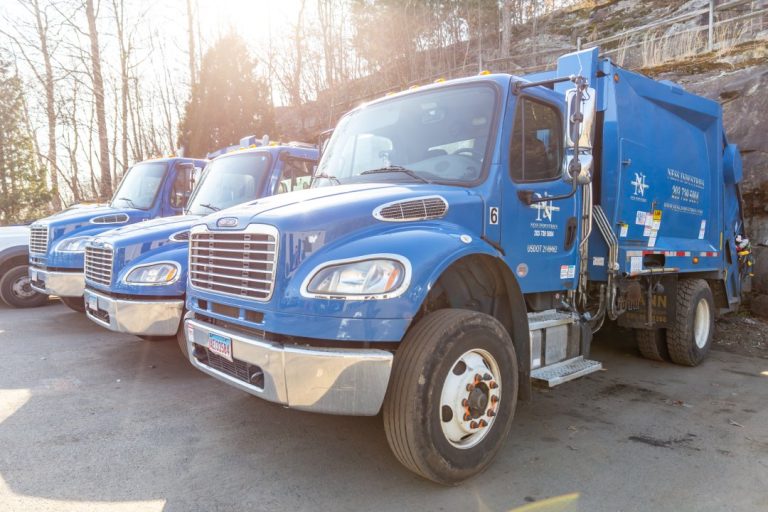
Embracing single-stream recycling simplifies the process of transforming waste into valuable resources. Ness Industries is committed to advancing recycling efforts in Ridgefield, Wilton, Weston, Bethel, and Danbury by accepting a wide range of materials in our single-stream recycling program. This guide will detail the types of materials you can recycle, with a special focus on cardboard recycling, to ensure your recyclables are processed efficiently and effectively.
Recycling these materials helps conserve resources, save energy, and reduce the amount of waste sent to landfills. It's a key component of sustainable waste management that supports the environment and the economy.
Cardboard is one of the most common materials in the waste stream, especially with the rise of online shopping. Recycling cardboard is straightforward but requires attention to detail to ensure it is processed correctly.
Guidelines for Cardboard Recycling:
Recycling cardboard effectively reduces the demand for virgin pulp, saving trees, and decreasing the energy used in manufacturing new cardboard products. By following these guidelines, you contribute to a more efficient recycling process and environmental conservation.
By adhering to these guidelines and participating in the single-stream recycling program, residents of Ridgefield, Wilton, Weston, Bethel, and Danbury play a vital role in reducing waste and supporting sustainable waste management. Ness Industries is proud to facilitate this process, empowering our communities to contribute to environmental preservation and sustainability. Remember, every item recycled is a step towards a healthier planet.
In our journey towards a greener future, single-stream recycling stands out as a beacon of efficiency and convenience. However, misconceptions and questions about this process are widespread. By addressing these, Ness Industries aims to enhance the effectiveness of recycling efforts across Ridgefield, Wilton, Weston, Bethel, and Danbury. Here, we tackle common misunderstandings and offer tips to empower residents in their recycling endeavors.
Misconception: All plastics are recyclable in the single-stream system.
While single-stream recycling simplifies the process by accepting various materials, not all plastics are recyclable. Items marked with recycling symbols #1 through #7 are typically accepted, but items such as plastic bags, wraps, and certain types of packaging are not. These non-recyclable plastics can damage processing equipment and contaminate other recyclables.
Misconception: Recyclables need to be spotlessly clean.
While cleanliness is important to reduce contamination, recyclables do not need to be immaculate. Rinsing containers to remove residue is sufficient. Overzealous cleaning wastes water and may not be necessary for the recycling process.
Misconception: You can recycle anything that fits in the bin.
Not everything that fits within your recycling bin is suitable for single-stream recycling. Items like electronics, batteries, and hazardous waste require special disposal methods and should not be included in your recycling bin.
Reduce Contamination:
One of the most significant challenges in single-stream recycling is contamination. Residents can play a crucial role in minimizing this issue by following a few simple guidelines:
Properly Sort Recyclables:
Even in a single-stream system, some level of sorting at home can improve the quality of recyclables collected:
Stay Informed:
Recycling guidelines can vary by municipality. Stay informed about the specific rules in Ridgefield, Wilton, Weston, Bethel, and Danbury by regularly checking updates from Ness Industries. This ensures that you are recycling correctly according to local standards.
Educate and Engage:
Spread the word about proper recycling practices within your community. Education and engagement are key to improving recycling rates and efficiency. Consider participating in local recycling education programs or workshops offered by Ness Industries or municipal authorities.
By addressing common misconceptions and following these tips, residents can significantly contribute to the success of single-stream recycling. This collective effort not only streamlines waste management but also protects our environment for future generations. Ness Industries remains committed to guiding and supporting the communities of Ridgefield, Wilton, Weston, Bethel, and Danbury through every step of the recycling process, ensuring that our actions today lead to a sustainable tomorrow.
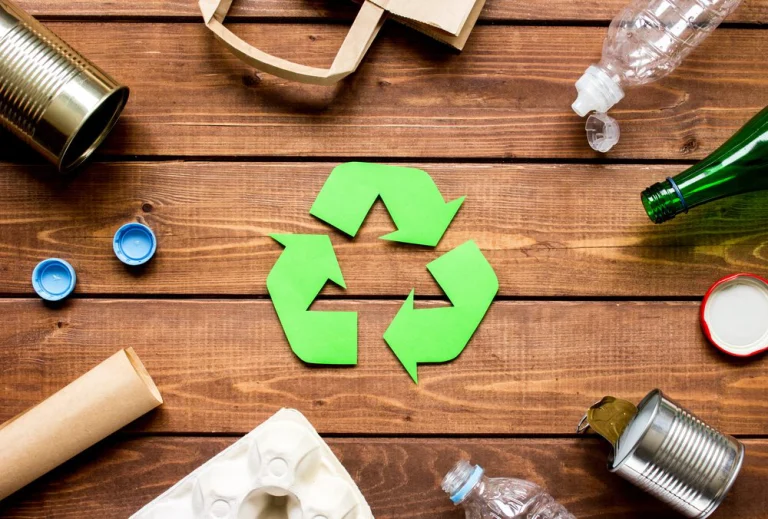
Single-stream recycling stands as a testament to Ness Industries' commitment to environmental stewardship. By allowing residents to combine all recyclables into one bin, we've not only streamlined the collection process but also significantly increased recycling rates.
This method has proven to be an effective solution in diverting waste from landfills, conserving natural resources, and reducing pollution. The success of single-stream recycling is a crucial step towards our mission of achieving a sustainable future, emphasizing the importance of every individual's participation in this collective effort.
Ness Industries is dedicated to leading by example in the pursuit of sustainability. Our mission extends beyond the realms of waste management to encompass a broader vision of environmental responsibility and community wellness.
We believe that by embracing single-stream recycling, the residents of Ridgefield, Wilton, Weston, Bethel, and Danbury can play a significant role in this transformative journey. Each recycled item represents a step towards reducing our ecological footprint and contributing to a healthier planet.
We encourage every resident to actively participate in single-stream recycling. Your involvement is crucial in driving the success of our recycling program and, by extension, our collective environmental goals. Remember, effective recycling goes beyond simply placing items in a bin; it involves being mindful of what can be recycled, ensuring items are free from contamination, and staying informed about the latest recycling guidelines.
As we move forward, Ness Industries remains committed to enhancing our recycling programs, investing in technology, and educating our communities about the importance of sustainable practices. Together, we can continue to make significant strides toward a greener, more sustainable future. Let's embrace single-stream recycling with enthusiasm and commitment, knowing that each effort contributes to the well-being of our planet and future generations.
In conclusion, the role of Ness Industries in promoting sustainability through single-stream recycling is a reflection of our deep-seated belief in environmental conservation and community engagement. We thank the residents of Ridgefield, Wilton, Weston, Bethel, and Danbury for their continued support and participation in this vital initiative. Together, we are paving the way towards a more sustainable and environmentally conscious future.